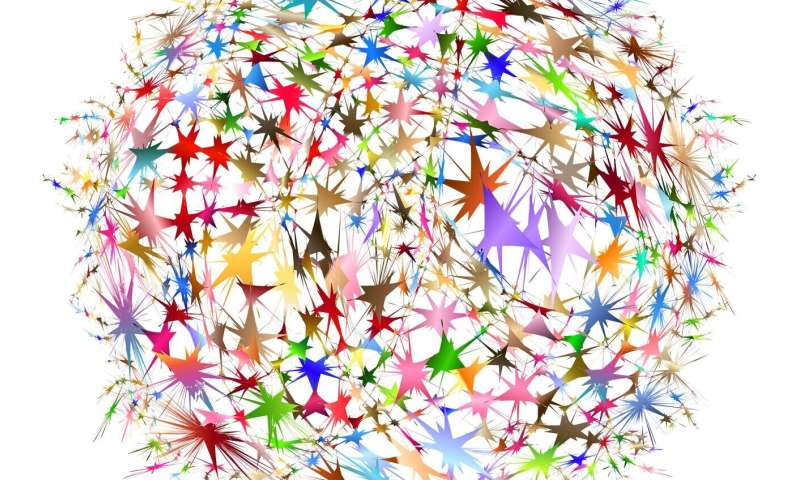Best of Last Week: Muons defy theory, a faster way to train AI, and faster muscle repair

It was a good week for physics, as two teams of researchers working independently reported "tantalizing" results with experiments that defied physics rulebooks—one at Fermilab, in the U.S., the other at the Large Hadron Collider in Switzerland. Both experiments showed muons behaving differently than expected. And a team working at the Brookhaven National Laboratory, also working with muons, found small differences in its g-factor from its theorized value. Also, a team working on the Dark Energy Survey announced that they had opened a new window into dark energy—they developed a way to more precisely estimate the average density of matter as well as its tendency to clump together.
In technology news, a team at Rice University announced that they had developed a CPU algorithm that can train deep neural networks up to 15 times faster than traditional methods. A team at Check Point Research warned of new Android malware that uses WhatsApp to spread. And Microsoft announced that it had adopted boiling liquid technology to cool its datacenter servers—the liquid boils at 122 degrees F and its effect pulls heat from the servers. Also, a team at Huazhong University of Science and Technology announced that they had developed a single spin-orbit device capable of individually detecting 3D magnetic fields.
In other news, the EMA, the EU's drug regulating committee, announced that it had "not yet reached any conclusions" on the AstraZeneca COVID-19 vaccine—they are still looking into reports of people who have received the vaccine developing blood clots. And an international team of researchers reports that the development of the neural network that connects the eyes to the brain in the gar fish developed approximately 450 million years ago—predating previous theories by 100 million years.
And finally, if you are someone who works out regularly or are undergoing physical therapy due to injury, you may want to check out the results of research done by a team at Tokyo Metropolitan University—they found that low glucose levels might assist with natural muscle repair. Eating less sugar, they found, could speed up muscle recovery time.
© 2021 Science X Network